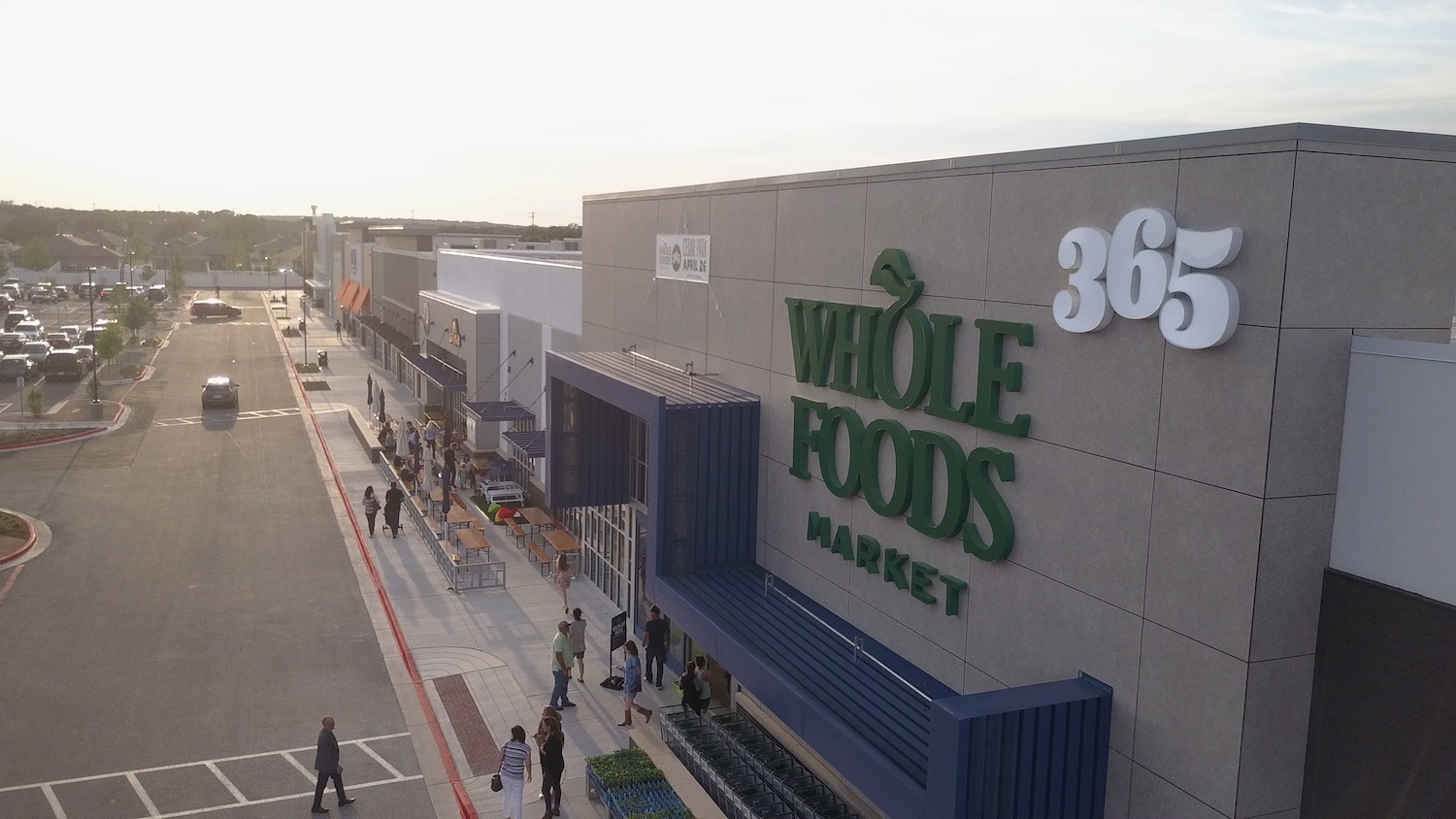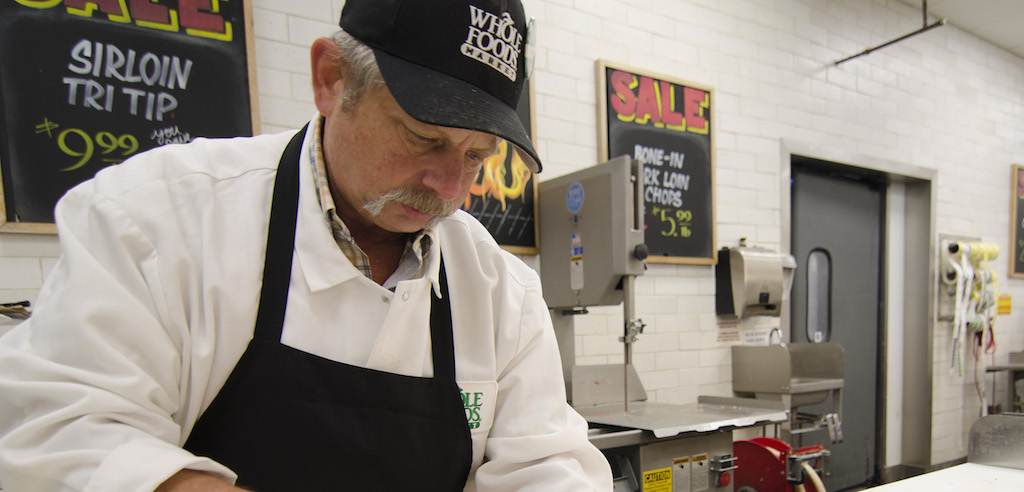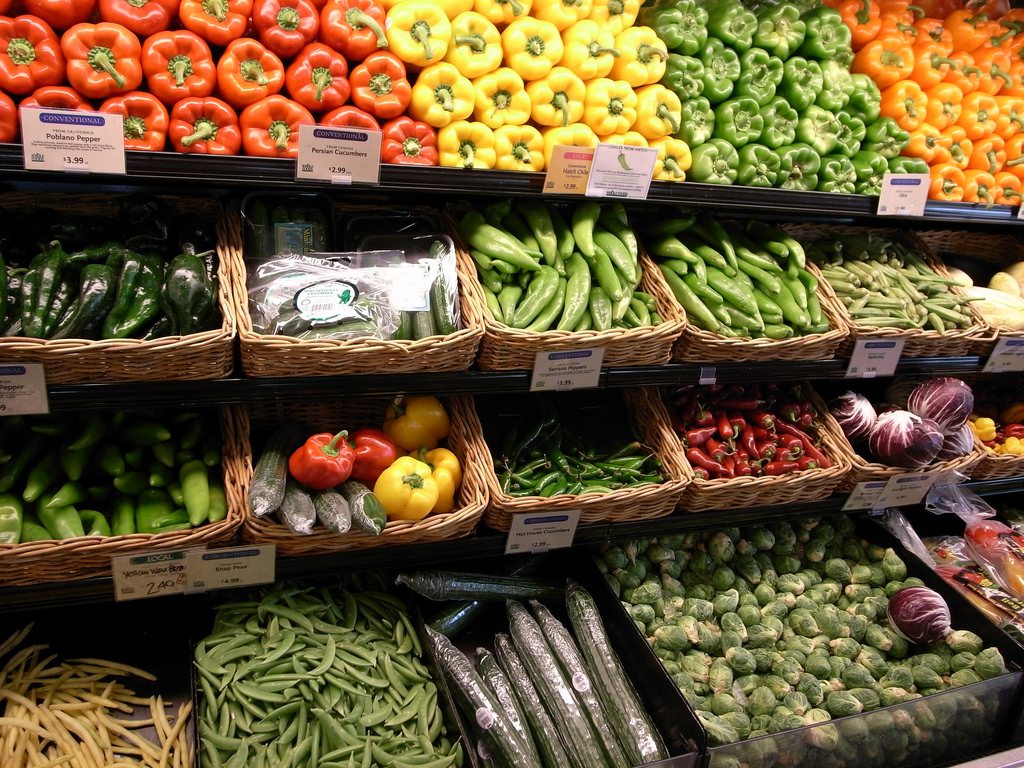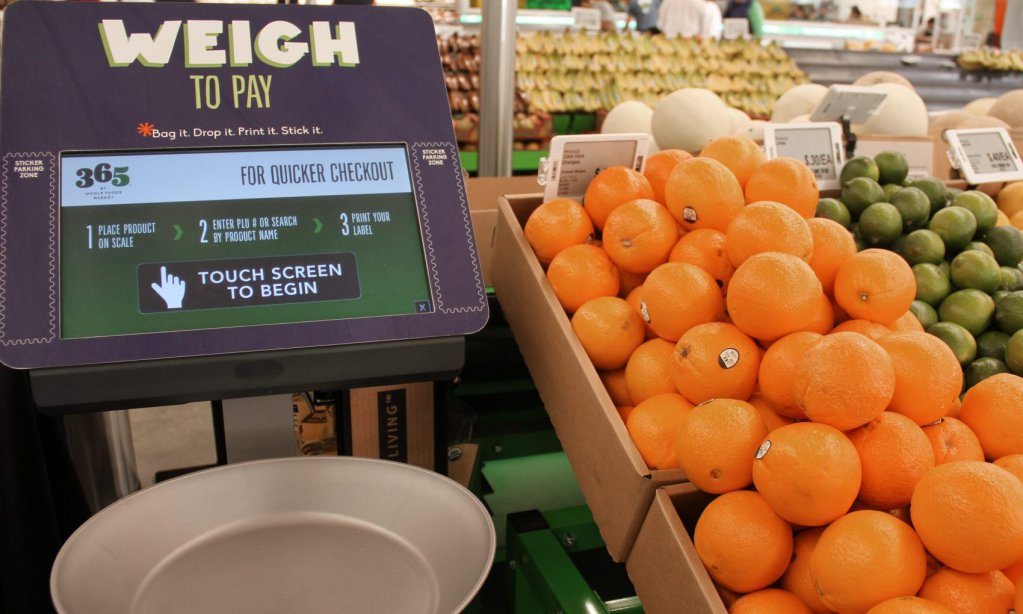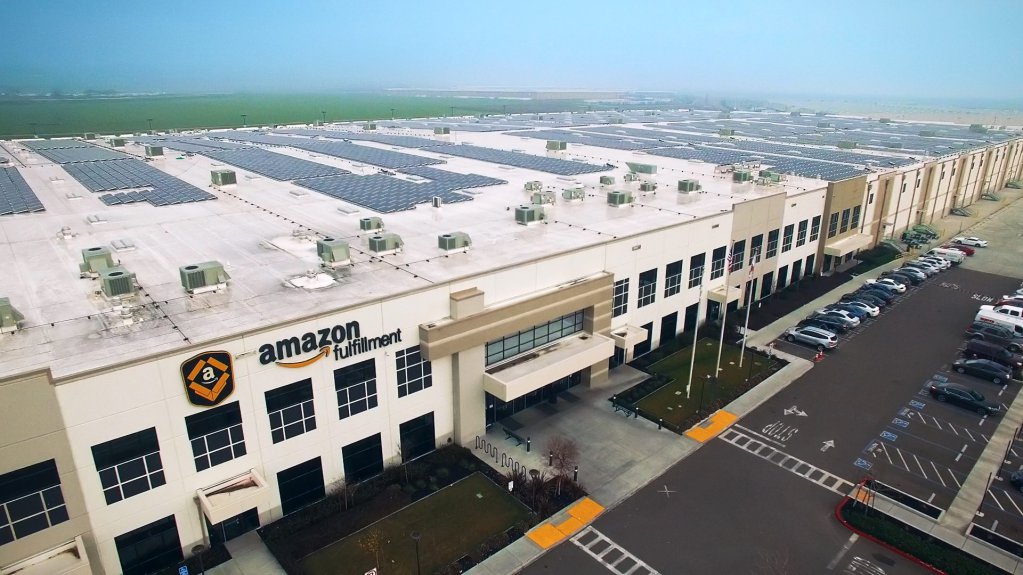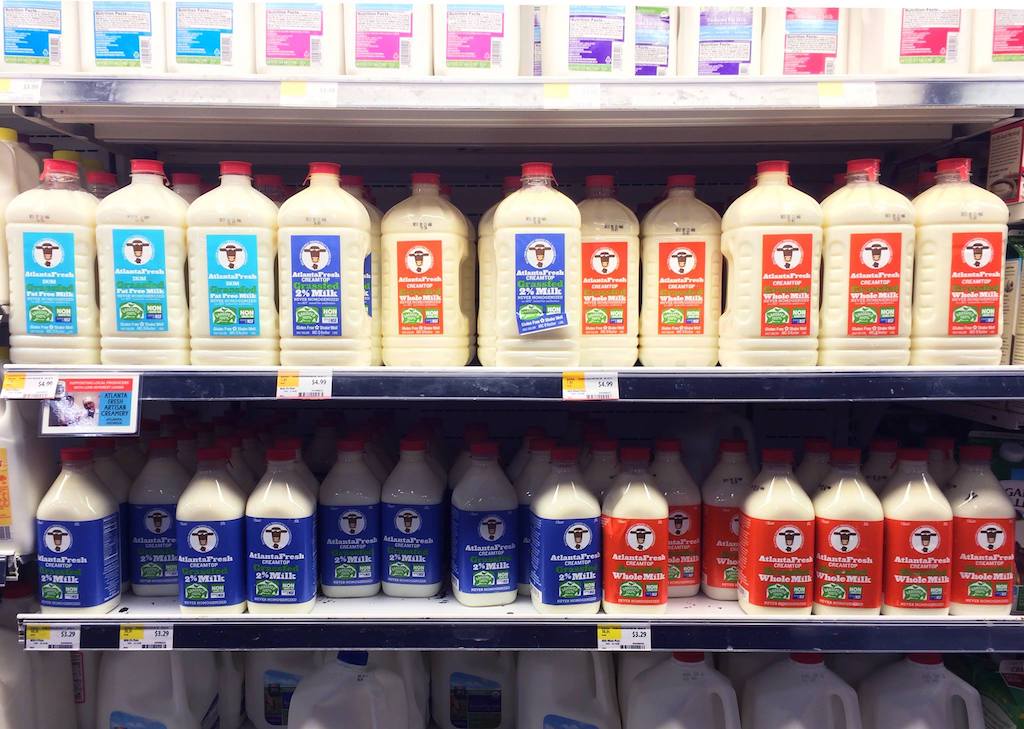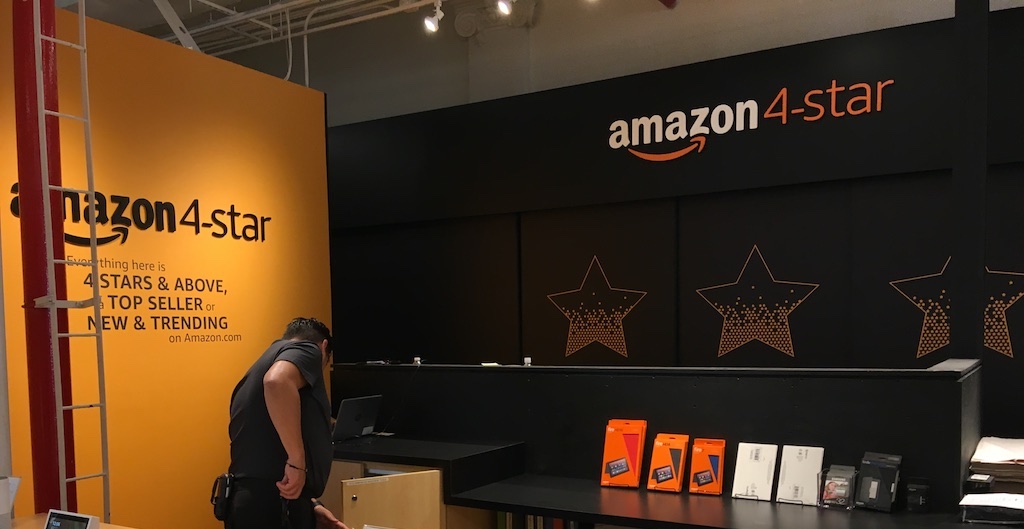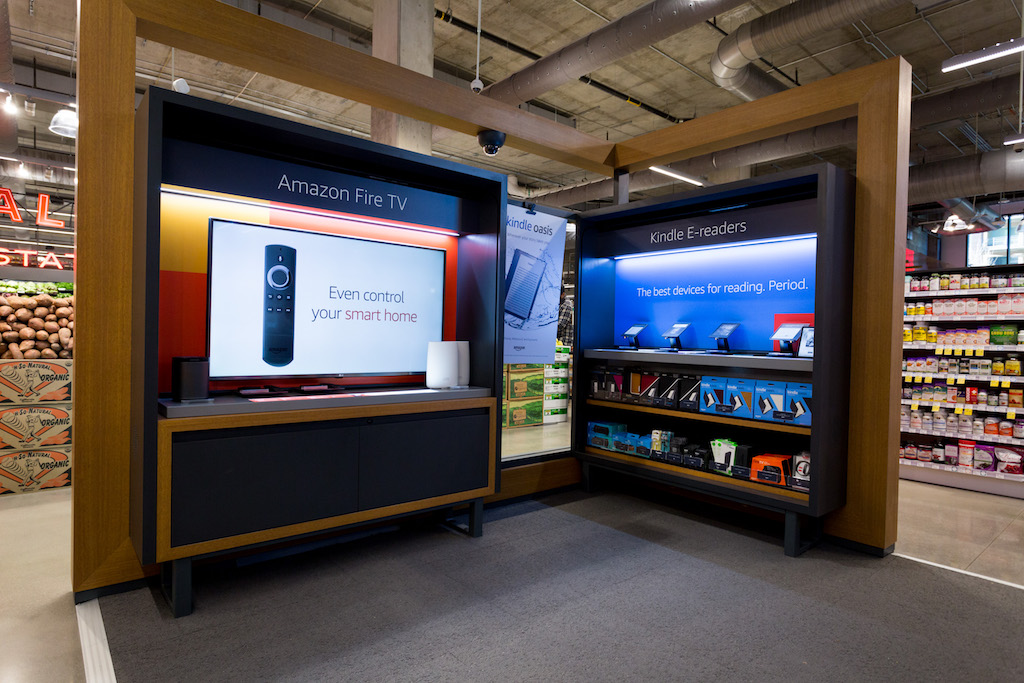
Photo courtesy of Whole Foods
Alexa, bring snacks. Any brand will do.
Legacy food companies are already struggling to keep up with changing consumer tastes, as brand loyalty plummets and Americans develop a taste for smaller-batch goods. Now, the General Mills and Nestles of the world have a brand-new source of anxiety: Alexa.
On Tuesday, the The Wall Street Journal reported that voice search assistants are expected to increase brand-agnostic buying—purchases made without specifying any particular company. That’s significant, because when people say, “Alexa, buy batteries,” or “Alexa, bring donuts,” the choice of which specific batteries or donuts gets left up to Amazon. Duracell and Dunkin’ don’t get a say.
TL;DR: Individual brands will lose footing as the big digital platforms (Amazon, Google, Apple) herd consumers towards their own private supply chains. Alexa, get the Lexapro.
This one’s for the children
Judging from a new investment, Amazon’s looking to make inroads with one of the great untapped consumer demographics: kids. Last week, the company invested in Greenlight Financial Tech, a startup that’s hawking a patent-pending “smart debit card for kids.” Greenlight raised $16 million in Series A funding from Amazon Alexa Fund, Amazon’s venture capital enterprise, and other investors including New Enterprise Associates and SunTrust Banks.
Greenlight says it’s in the business of improving financial literacy for young people, and that may be. But the model is also a way to increase the purchasing power of millions of perpetually broke little ones—and everyone knows that’s worth money.
TL;DR: Amazon’s funding the future of debit-card-wielding tweens, and our guess is that it’s for purely altruistic reasons.
Amazon is killing the shopping mall. Will Whole Foods save it?
Here’s one hard-and-fast number that demonstrates just how much Amazon’s 2017 purchase of Whole Foods rocked the grocery industry: New grocery store openings declined by 29 percent last year, according to a new report from the commercial real estate firm Jones Lang LaSalle (JLL). But JLL found one bright spot in the brick-and-mortar doom and gloom, CNBC reports: Investments in “grocery-anchored” shopping centers actually grew 5 percent over the course of last year—one of the only areas of storefront-based retail that saw growth.
The shortlist: Whole Foods, Trader Joe’s, and Wegman’s. That means Winn-Dixie and Tops Friendly Market are probably out of luck.
TL;DR: The traditional grocery industry isn’t dying—yet. It’s just becoming more consolidated.


